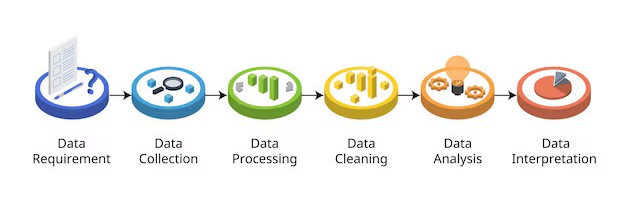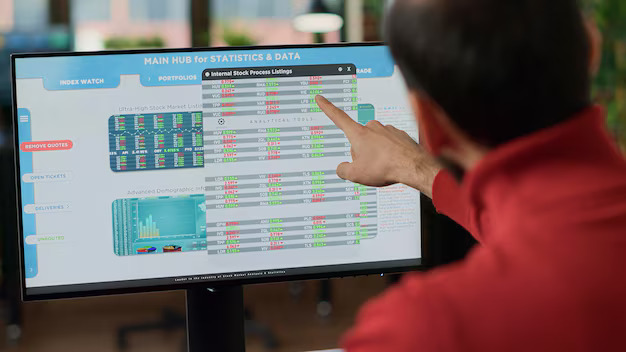Harnessing the Power of Data Analytics for Business Growth

Data analytics has become a vital tool for business growth, empowering companies to make data-driven decisions that improve operations and customer satisfaction. By analyzing data, businesses gain insights into customer behavior, preferences, and trends, which can be used to personalize marketing and optimize product offerings. For example, data analytics can help retailers understand which products are most popular during different seasons or identify customer segments with high lifetime value. At Zynova Solutions, we specialize in data analytics services that enable businesses to unlock valuable insights, refine their strategies, and drive sustainable growth.
1. Understanding the Basics of Data Analytics
Data analytics involves collecting, organizing, and interpreting data to uncover meaningful insights that guide business decisions. For instance, Netflix analyzes viewer habits what users watch, skip, or rewatch to recommend content tailored to individual preferences. This not only enhances the user experience but also drives engagement and customer retention.

2. The Role of Analytics in Customer Insights
Digital transformation refers to the integration of digital technology into every aspect of a business, reshaping operations and customer interactions. For instance, a small retail shop transitioning from a brick-and-mortar store to an e-commerce platform embodies digital transformation. By adopting digital tools like online payment systems, inventory management software, and customer analytics, the business can reach a wider audience and operate more efficiently.

3. Improving Operational Efficiency with Data Analytics
Data analytics is not just for understanding customers, it also helps improve internal operations. For example, retailers like Walmart use analytics to optimize inventory management, ensuring shelves are stocked with in-demand products while reducing waste. Similarly, in manufacturing, predictive maintenance powered by data analytics can anticipate equipment failures, minimizing downtime and saving costs.

4. Predictive Analytics for Future Planning
Predictive analytics leverages historical data and machine learning to forecast future trends. For instance, retail businesses use weather-based forecasting to adjust inventory levels for seasonal products, such as umbrellas during rainy seasons. Similarly, financial institutions rely on predictive models to identify market risks and opportunities, enabling proactive decision-making that drives growth.



5. Data-Driven Marketing Strategies
Data analytics is a game-changer for marketing. It allows businesses to pinpoint the channels, audience segments, and messaging that drive the best results. For example, using tools like Facebook Ads Manager, businesses can analyze ad performance to identify high-converting demographics. This data-driven approach ensures marketing budgets are spent efficiently, delivering maximum ROI.

6. Real-World Success Stories of Data Analytics
Many leading companies owe their success to effective data analytics. Amazon’s recommendation engine, powered by data, accounts for a significant portion of its sales by suggesting products based on user behavior. Similarly, Starbucks uses location based analytics to send personalized promotions, increasing foot traffic and customer loyalty. These examples demonstrate the power of analytics in driving tangible business results.



